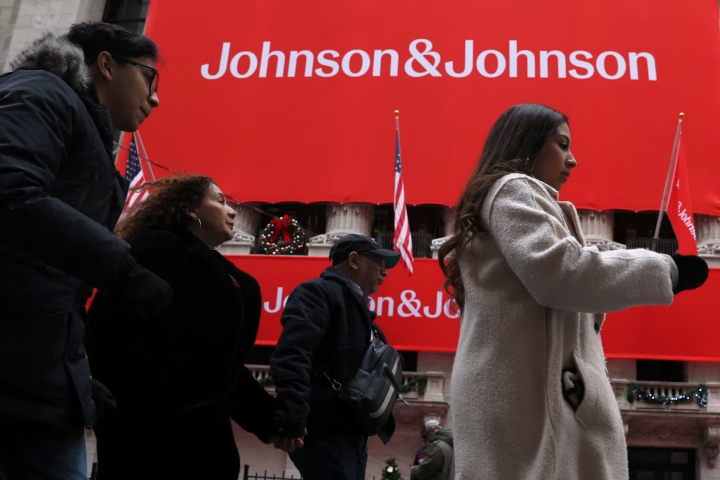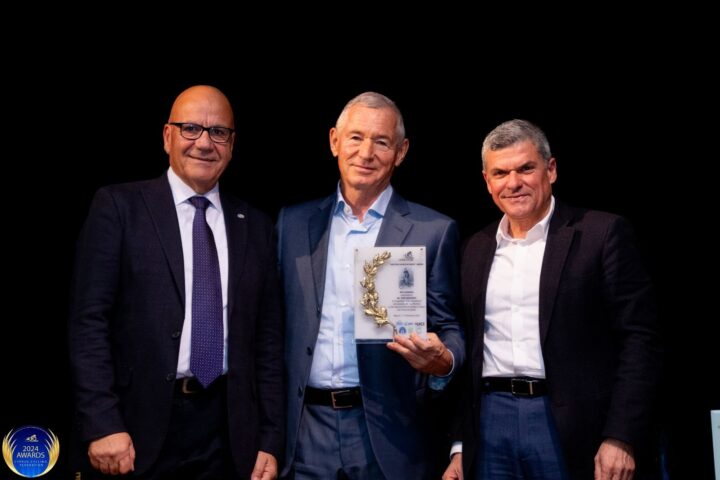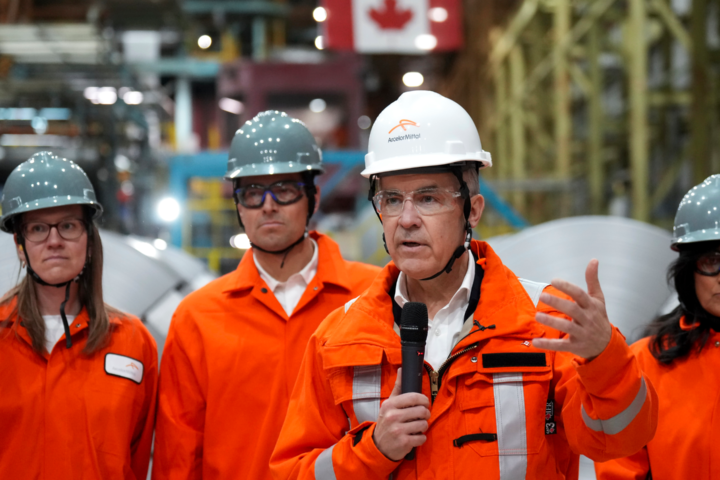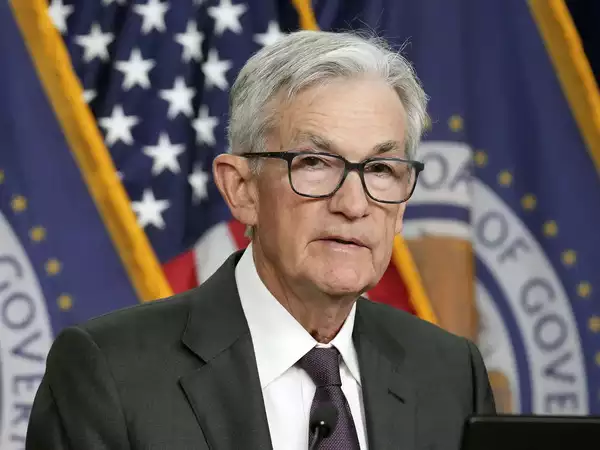China on Sunday defended its newly tightened export controls on rare earth elements, calling them a “legitimate” and “necessary” measure under international law, after Washington accused Beijing of using economic coercion and announced sweeping retaliatory tariffs.
The Chinese Ministry of Commerce said the controls, which were issued on Oct. 9, are part of efforts to strengthen the country’s export control regime and “better safeguard world peace and regional stability” in an increasingly uncertain global security environment.
“These controls do not constitute export bans. Applications that meet the requirements will be approved,” a ministry spokesperson said in a statement. “China has fully assessed the potential impact of these measures on the supply chain and is confident that the impact will be very limited.”
Under the new rules, foreign companies must obtain a license to export products containing more than 0.1% of domestically sourced rare earths, or that are manufactured using Chinese extraction, refining, magnet-making, or recycling technologies. Exports involving potential military applications will be denied outright.
The measures come just weeks before a possible face-to-face meeting between U.S. President Donald Trump and Chinese leader Xi Jinping, which was expected to take place on the sidelines of the Asia-Pacific Economic Cooperation (APEC) forum in Gyeongju, South Korea.
Washington responded swiftly. On Oct. 10, President Trump announced a new round of punitive measures including 100% tariffs on Chinese imports “over and above any tariff they are currently paying” set to take effect on Nov. 1. The U.S. also plans to impose export controls on “any and all critical software” beginning the same day.
The move sent shockwaves through global financial markets. Stock indexes plunged on Friday after Trump wrote on Truth Social that “there is no way that China should be allowed to hold the World ‘captive’” with its rare earth policy wiping out an estimated $2 trillion in market capitalization.
Beijing denounced the new U.S. tariffs as “unilateral and protectionist,” accusing Washington of hypocrisy. “The U.S. has long maintained an extensive control list of over 3,000 items, while China’s list includes fewer than 1,000,” the Commerce Ministry said, calling the U.S. criticism a display of “double standards.”
Hours after tightening rare earth export controls, China announced reciprocal port fees on U.S. ships docking at Chinese ports starting Oct. 14 mirroring new U.S. charges on Chinese vessels scheduled to take effect the same day.
Beijing described the move as “necessary passive defensive actions” following what it called “unjustified” U.S. maritime restrictions. The ministry said Washington’s actions “seriously undermined the atmosphere of the economic and trade talks between the two sides.”
According to the Center for Strategic and International Studies, the U.S. accounts for only 0.1% of global shipbuilding, compared with 53.3% for China, underscoring Beijing’s dominant position in global manufacturing and logistics.
The renewed friction threatens to unravel months of fragile diplomatic progress. Senior officials from both countries met in Geneva in May the first formal trade talks since Trump reignited a global trade war. Subsequent meetings in London and July yielded a preliminary “framework” for negotiations.
At the most recent talks in Madrid in September, both sides reached a “basic framework consensus” on the forced divestment of TikTok’s U.S. operations. The Trump administration has demanded that the Chinese-owned app either sell its U.S. business or shut down its operations in the country.
Trump and Xi last spoke by phone on Sept. 19, discussing trade and TikTok but failing to finalize a deal. Trump later announced plans for an in-person meeting with Xi during the late-October APEC summit.
However, following Beijing’s latest export restrictions, Trump hinted he might cancel the planned meeting. “If China continues to play games with rare earths, there’s no reason to meet,” Trump wrote in a Friday social media post.
China controls roughly 70% of the global rare earth supply, making it the dominant player in the production of critical minerals used in electric vehicles, wind turbines, smartphones, and advanced weapons systems. The minerals are considered vital to the clean energy transition and modern military technology.
Beijing has repeatedly used its leverage over rare earth exports as a geopolitical tool a pattern that U.S. officials and Western allies say threatens global supply chains. The European Chamber of Commerce in China recently warned that a “backlog” of export license applications is already slowing shipments, adding “further complexity to the global supply chains of rare earth elements.”
Analysts say the latest moves on both sides signal a deepening strategic standoff between the world’s two largest economies. “This is no longer just about trade it’s about technology dominance, national security, and control of the resources that shape the future,” said one Beijing-based trade expert who asked not to be named.








